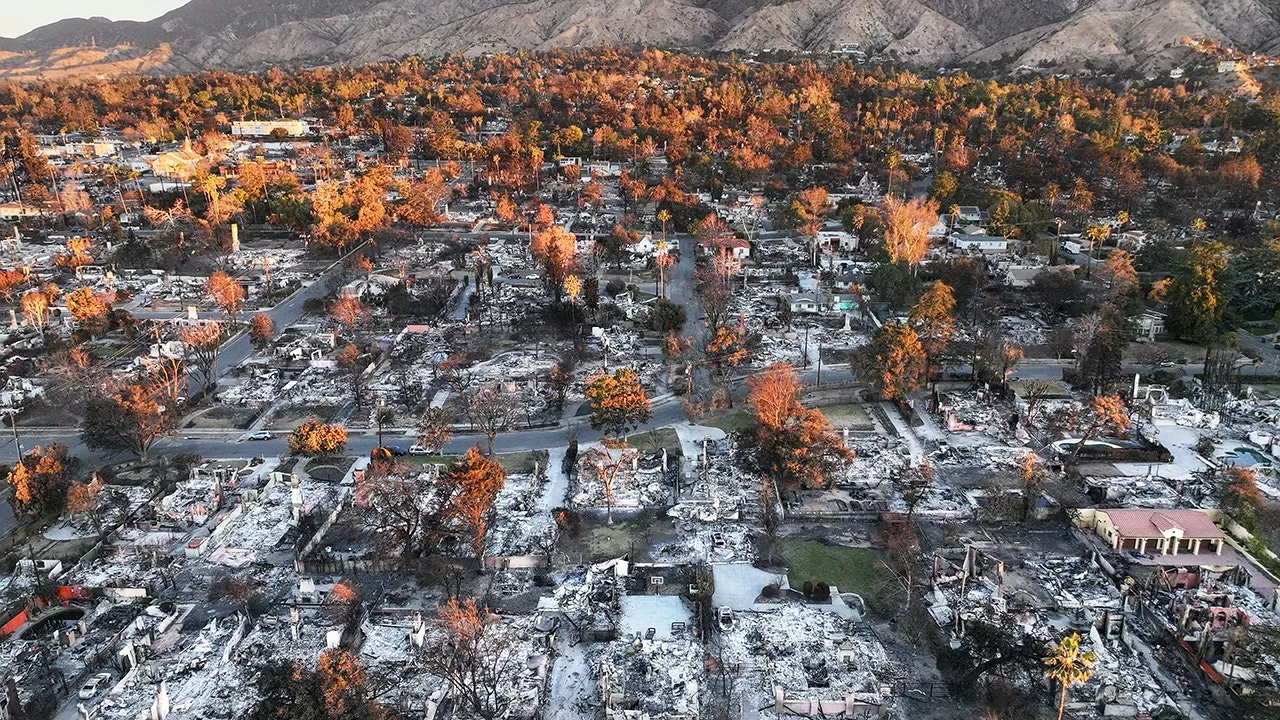Rising property insurance rates across the US are sparking debate about the impact of natural disasters and government regulation. This article examines the factors behind the increase, including inflation, construction in high-risk areas, and the impact of recent disasters on insurance companies. It also explores the arguments surrounding the Harvard Business School study that suggests cross-subsidies are occurring between states, and the insurance industry's rebuttal.
Property insurance rates have been steadily climbing in the United States for years, driven by a confluence of factors including inflation, the expansion of building construction into high-risk zones, and record-breaking losses incurred from natural disasters .
The devastating impact of ongoing wildfires in California and last year's hurricanes in the Southeast has intensified concerns that the substantial losses insurance companies will experience in those states will be partially offset by national carriers raising rates in other states that remained unaffected. Adding fuel to this apprehension is a 2022 study conducted by Harvard Business School titled 'Pricing of Climate Risk Insurance: Regulation and Cross-Subsidies,' which concluded that 'households in low friction states are disproportionately bearing the risks of households in high friction states.' However, the insurance industry refutes this claim. Robert Gordon, Senior Vice President of Policy Research at the American Property Casualty Insurance Association (APCIA), acknowledges some of the data points used in the study but argues that its conclusion is flawed. He emphasizes that insurance is subject to state regulations, with every state prohibiting discriminatory or excessive rates. Regulators, therefore, prevent companies from arbitrarily charging exorbitant premiums. Beyond these regulations, insurance operates as one of the most competitive industries, boasting thousands of insurance companies, with hundreds operating in each state. Many of these companies are not national entities but rather operate solely within a state or as regional insurers. Gordon illustrates this point by drawing a parallel to the gasoline industry. If Chevron, for instance, faced losses in California, it wouldn't increase prices by 50% in Oklahoma because consumers would simply switch to a different gas station. Any significant increase in insurance rates triggers a surge in policyholders seeking alternative providers and switching companies, a trend the industry is currently observing.While there is disagreement between the Harvard study's authors and the insurance industry regarding the study's conclusion, both parties agree on several key points, including the situation unfolding in California, where insurers have been retreating in recent years due to regulators prohibiting rate hikes to align with market conditions. Gordon highlights that in many states where insurance rates are suppressed, there is a surge in residual markets – essentially government-run insurance programs. These government programs subsidize rates, particularly for the highest-risk properties, which ironically undermines crucial environmental risk signals. These signals, such as avoiding construction in forested areas or hurricane-prone zones and implementing appropriate risk mitigation measures, become less impactful.He argues that when states suppress insurance rates and subsidize building in disaster-prone areas through government insurance programs like California's FAIR Plan, it appears as if these programs are lowering market rates. However, the reality is that they merely obscure these signals. The Harvard authors, Sangmin Oh, Ishita Sen, and Ana-Maria Tenekedjieva, conclude that when rates no longer reflect risks, the informational role of insurance rates diminishes. They further add that over the long term, rate-setting frictions could leave insurers ill-prepared to manage large losses, potentially leading to insurers withdrawing from markets or eliminating essential product features
Business Economics Property Insurance Insurance Rates Natural Disasters California Wildfires Hurricane Losses Cross-Subsidies Insurance Regulation Harvard Business School
United States Latest News, United States Headlines
Similar News:You can also read news stories similar to this one that we have collected from other news sources.
Texas Lawmakers Face $24 Billion Surplus, Set to Tackle Property Taxes, Insurance CostsTexas lawmakers will return to Austin this week with a budget surplus of nearly $24 billion, fueled by strong tax revenue. The surplus presents an opportunity to address key issues like soaring property and home insurance costs. Lawmakers will also consider further tax breaks for homeowners and funding for water supply and infrastructure.
Read more »
 California Wildfires Threaten to Worsen Property Insurance CrisisThe devastating wildfires plaguing Southern California for over a week are expected to exacerbate the existing property insurance crisis in the state. Experts predict further premium hikes and coverage reductions from major insurance companies due to the immense scale of potential losses.
California Wildfires Threaten to Worsen Property Insurance CrisisThe devastating wildfires plaguing Southern California for over a week are expected to exacerbate the existing property insurance crisis in the state. Experts predict further premium hikes and coverage reductions from major insurance companies due to the immense scale of potential losses.
Read more »
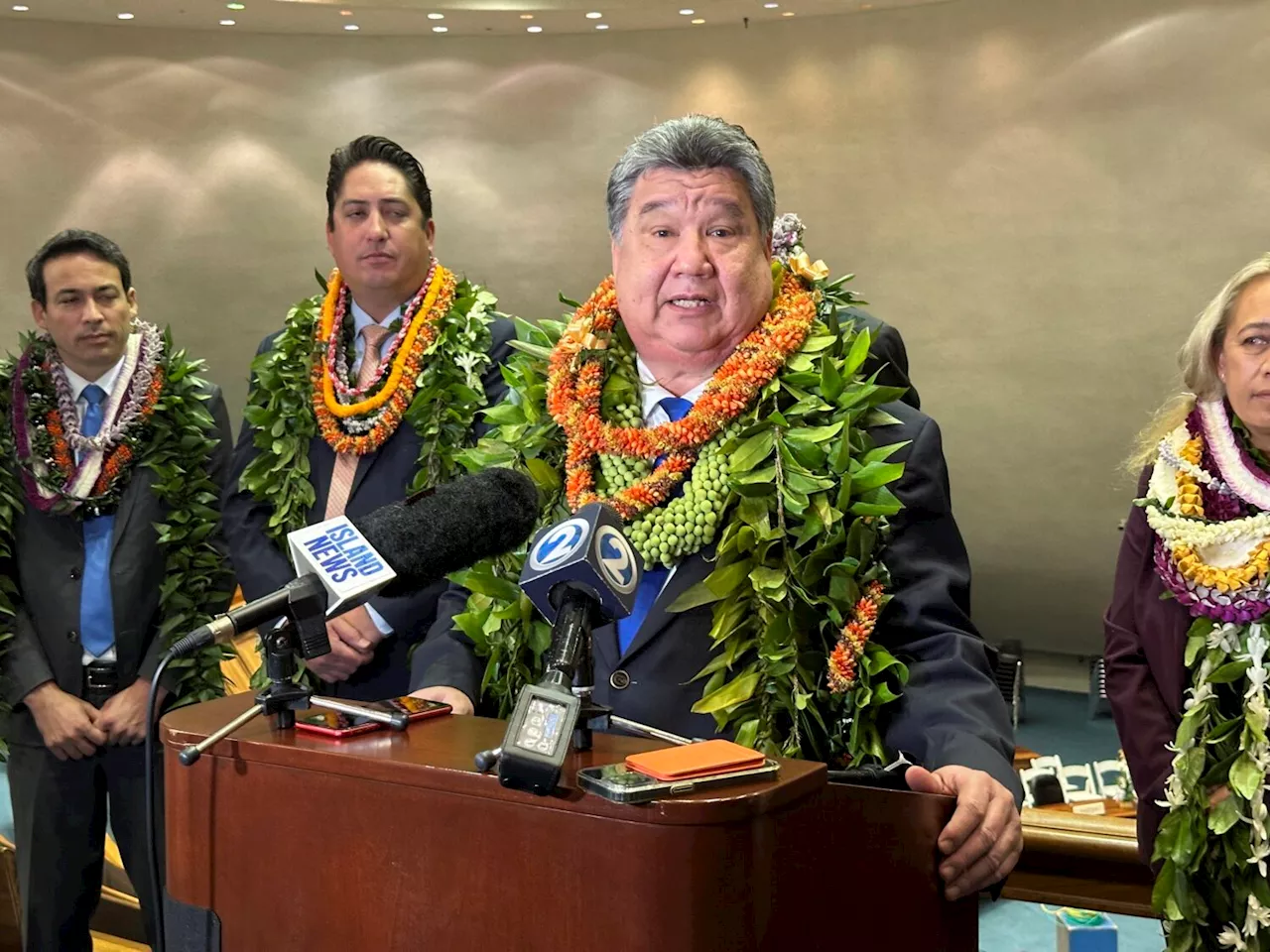 Hawaii Lawmakers Vow to Stabilize Property Insurance Market Amid Rising RisksHawaii lawmakers face a pressing challenge to stabilize the state's property insurance market, as hurricanes, wildfires, and other climate change-influenced disasters drive up premiums and threaten access to affordable coverage.
Hawaii Lawmakers Vow to Stabilize Property Insurance Market Amid Rising RisksHawaii lawmakers face a pressing challenge to stabilize the state's property insurance market, as hurricanes, wildfires, and other climate change-influenced disasters drive up premiums and threaten access to affordable coverage.
Read more »
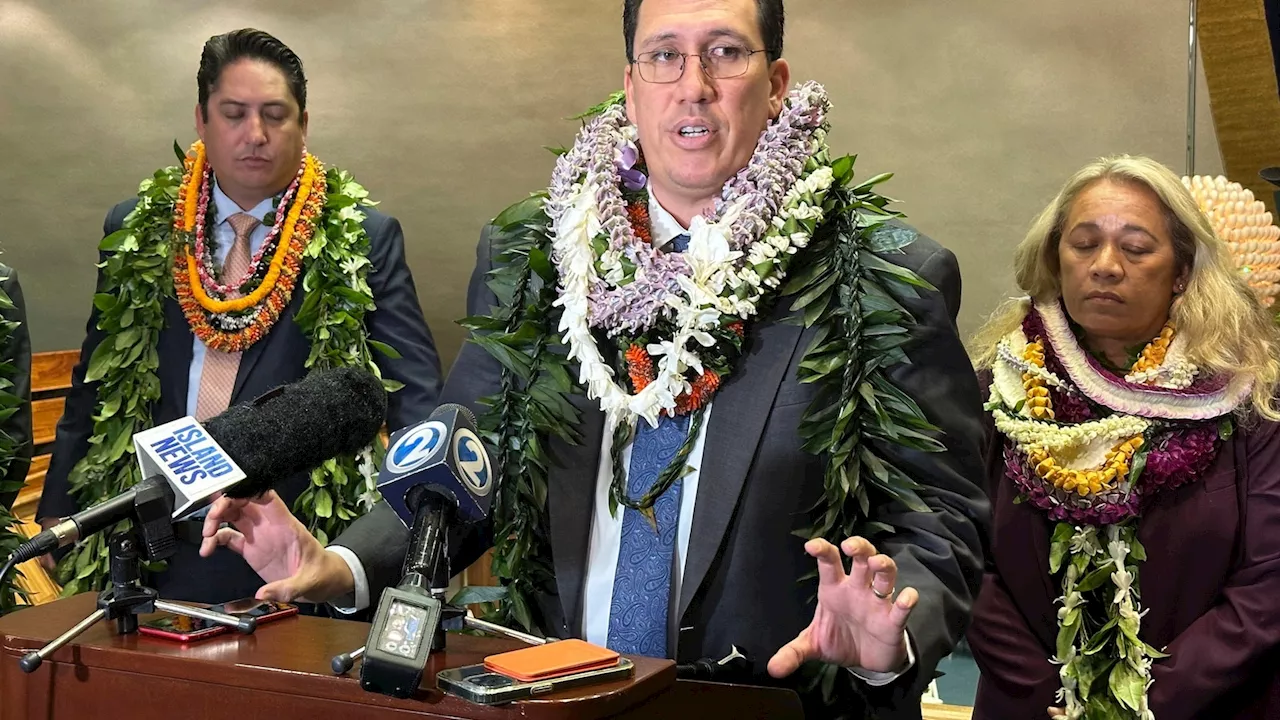 Hawaii Lawmakers Seek to Stabilize Property Insurance Market Amid Rising CostsHawaii lawmakers are tackling the state's volatile property insurance market, driven by increasingly frequent and costly natural disasters. The rising cost of reinsurance, coupled with recent wildfires in California, is pushing some insurance companies to increase premiums or withdraw from the Hawaiian market. Lawmakers are considering restarting programs established after Hurricane Iniki in 1992, including the Hawaii Hurricane Relief Fund, to provide affordable coverage and ensure homeowners can access mortgages.
Hawaii Lawmakers Seek to Stabilize Property Insurance Market Amid Rising CostsHawaii lawmakers are tackling the state's volatile property insurance market, driven by increasingly frequent and costly natural disasters. The rising cost of reinsurance, coupled with recent wildfires in California, is pushing some insurance companies to increase premiums or withdraw from the Hawaiian market. Lawmakers are considering restarting programs established after Hurricane Iniki in 1992, including the Hawaii Hurricane Relief Fund, to provide affordable coverage and ensure homeowners can access mortgages.
Read more »
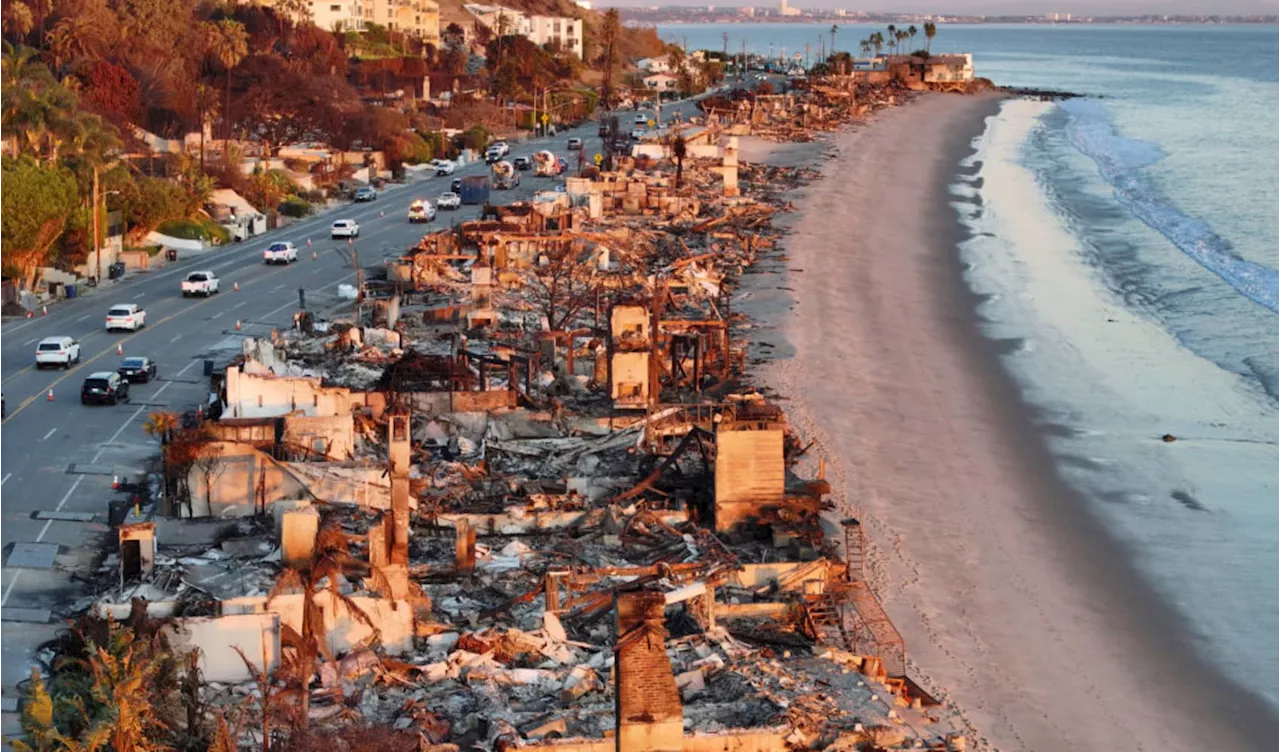 LA wildfires thrust insurance startup into spotlight as property owners scramble for protectionA month after announcing its first funding round and debut insurance product, Stand is seeing a huge surge in interest due to the LA wildfires.
LA wildfires thrust insurance startup into spotlight as property owners scramble for protectionA month after announcing its first funding round and debut insurance product, Stand is seeing a huge surge in interest due to the LA wildfires.
Read more »
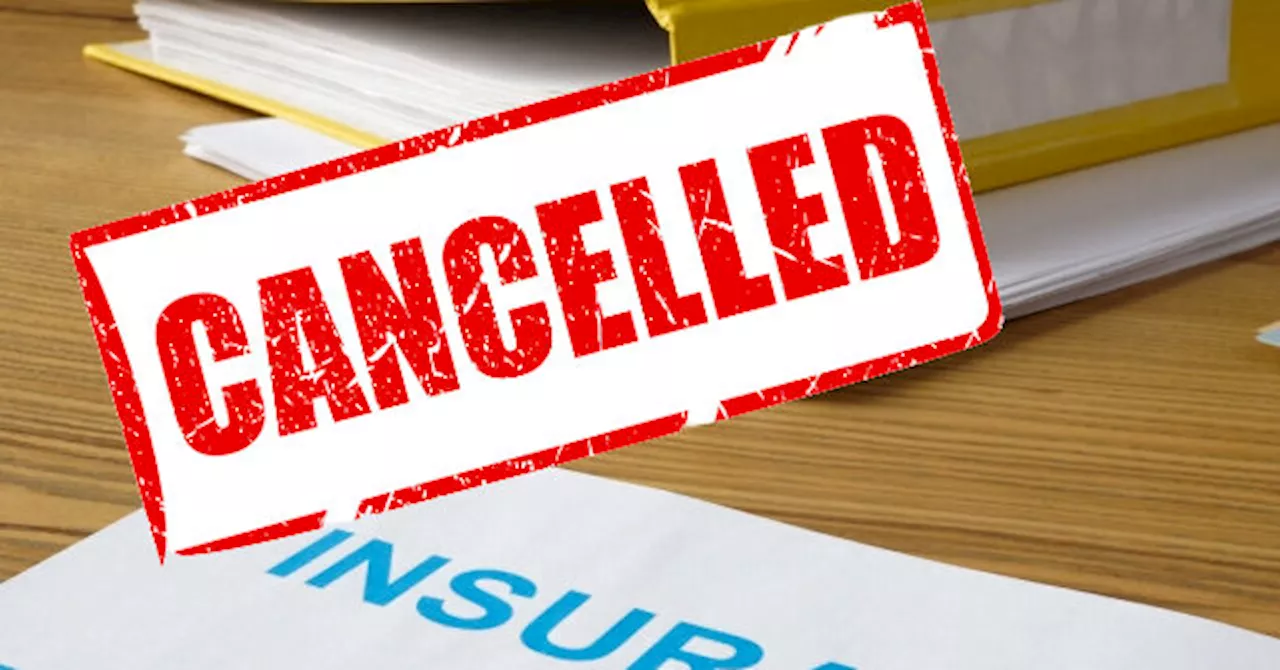 Insurance Industry Disputes Kamala Harris' Claims on Wildfire Insurance CancellationsInsurance leaders are refuting Vice President Kamala Harris's statement that many insurance companies have canceled policies for wildfire-affected families in Los Angeles. They argue that her claims are false and dangerous, emphasizing that California law prevents policy cancellations during the policy term except in specific circumstances.
Insurance Industry Disputes Kamala Harris' Claims on Wildfire Insurance CancellationsInsurance leaders are refuting Vice President Kamala Harris's statement that many insurance companies have canceled policies for wildfire-affected families in Los Angeles. They argue that her claims are false and dangerous, emphasizing that California law prevents policy cancellations during the policy term except in specific circumstances.
Read more »
